In Brief:
Situation Report
Burkina Faso's military government, led by Captain Ibrahim Traoré, has further consolidated its power by extending its rule for five more years.
The decision, announced after a national consultation meeting, has raised concerns about the country's transition back to civilian rule. Capt Traoré, who seized power in a coup two years ago, had initially pledged to restore civilian government by 1 July this year.
However, Burkina Faso has chosen to follow in the footsteps of neighboring Mali, which also extended military rule. The extension presents a challenge to the already fragile security situation in the region, with growing militant Islamist violence and the presence of jihadist rebels affiliated with Al-Qaeda and the Islamic State group.
Capt Traoré's justification for the coup and subsequent extension of military rule lies in the belief that the previous government failed to effectively combat the insurgency. However, critics argue that the military's handling of the situation has led to grave human rights violations, including indiscriminate killings and forced disappearances of civilians.
The decision to no longer use quotas for assigning seats in the assembly and instead rely on the criteria of "patriotism" has raised concerns about the inclusivity and representation of traditional parties.
Assessment
The extension of military rule in Burkina Faso and Captain Ibrahim Traoré's consolidation of power could have significant implications for the country's transition back to civilian rule and stability in the region.
The decision to extend military rule raises questions about the military's commitment to the original timeline for restoring civilian government. The security situation in the country remains a major challenge, as it is characterised by growing militant Islamist violence and an ongoing insurgency.
While Captain Traoré has promised to improve security and eventually restore civilian rule, his focus on recapturing territory from jihadists before prioritising elections may further delay the transition process.
Additionally, concerns about human rights violations committed by the military during its fight against extremism is not only a cause for international concern, but also brings into question the legitimacy and accountability of the ruling regime.
The shift away from using quotas for assembly seats to a criterion of "patriotism" is also an important point of concern about the inclusivity and representation of traditional parties. As such this could potentially undermine the already fading democratic processes in the country.



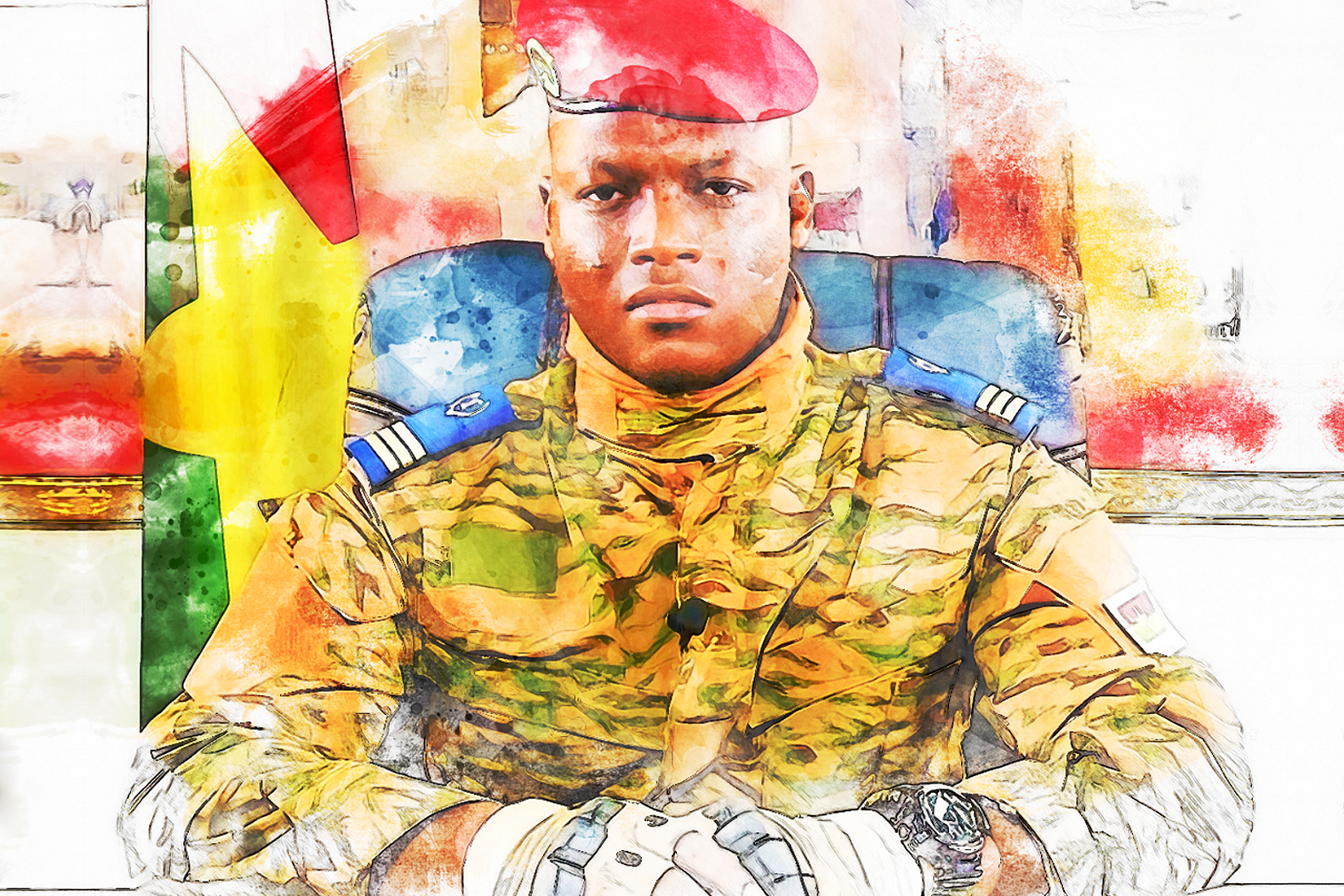
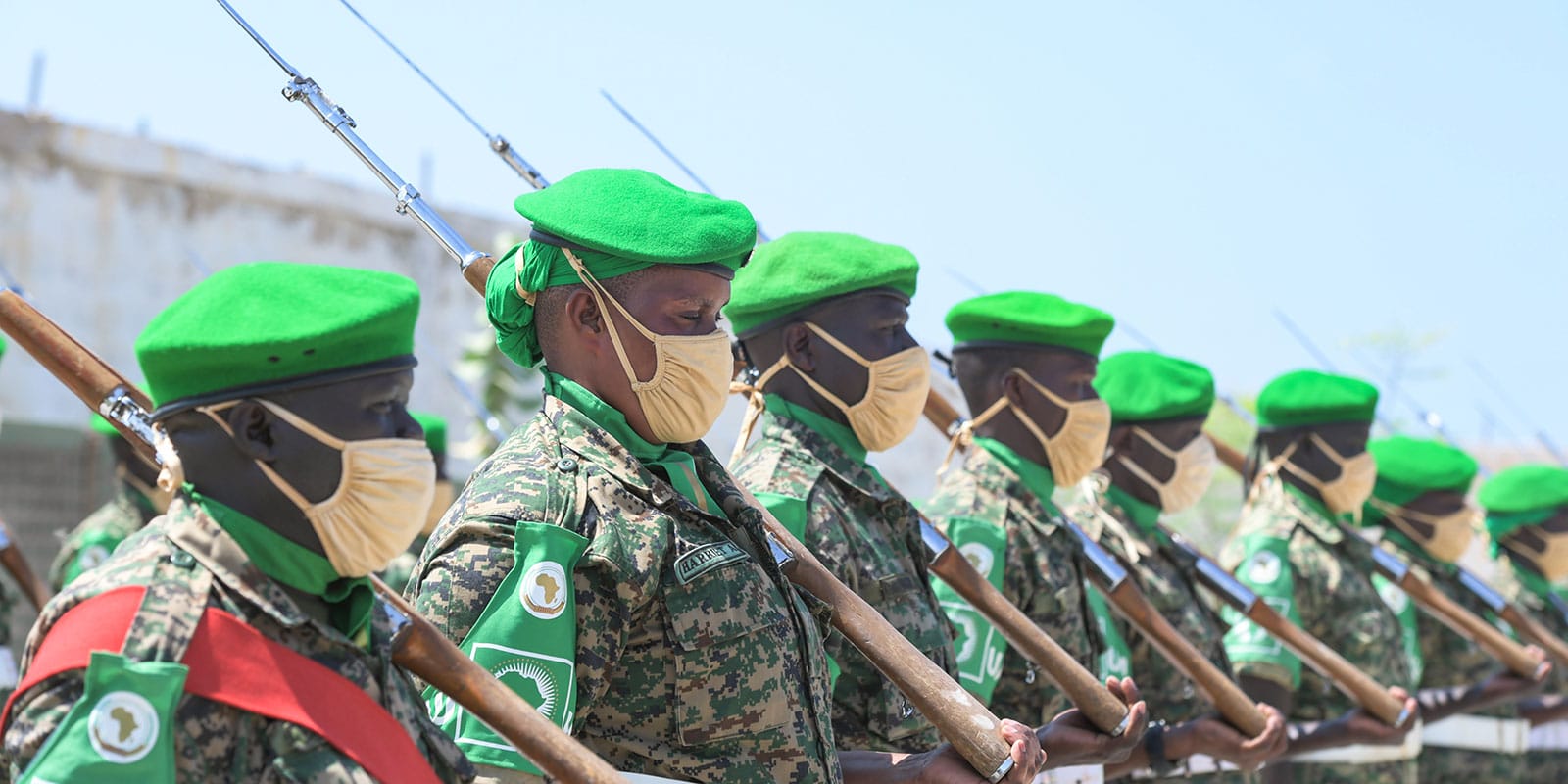

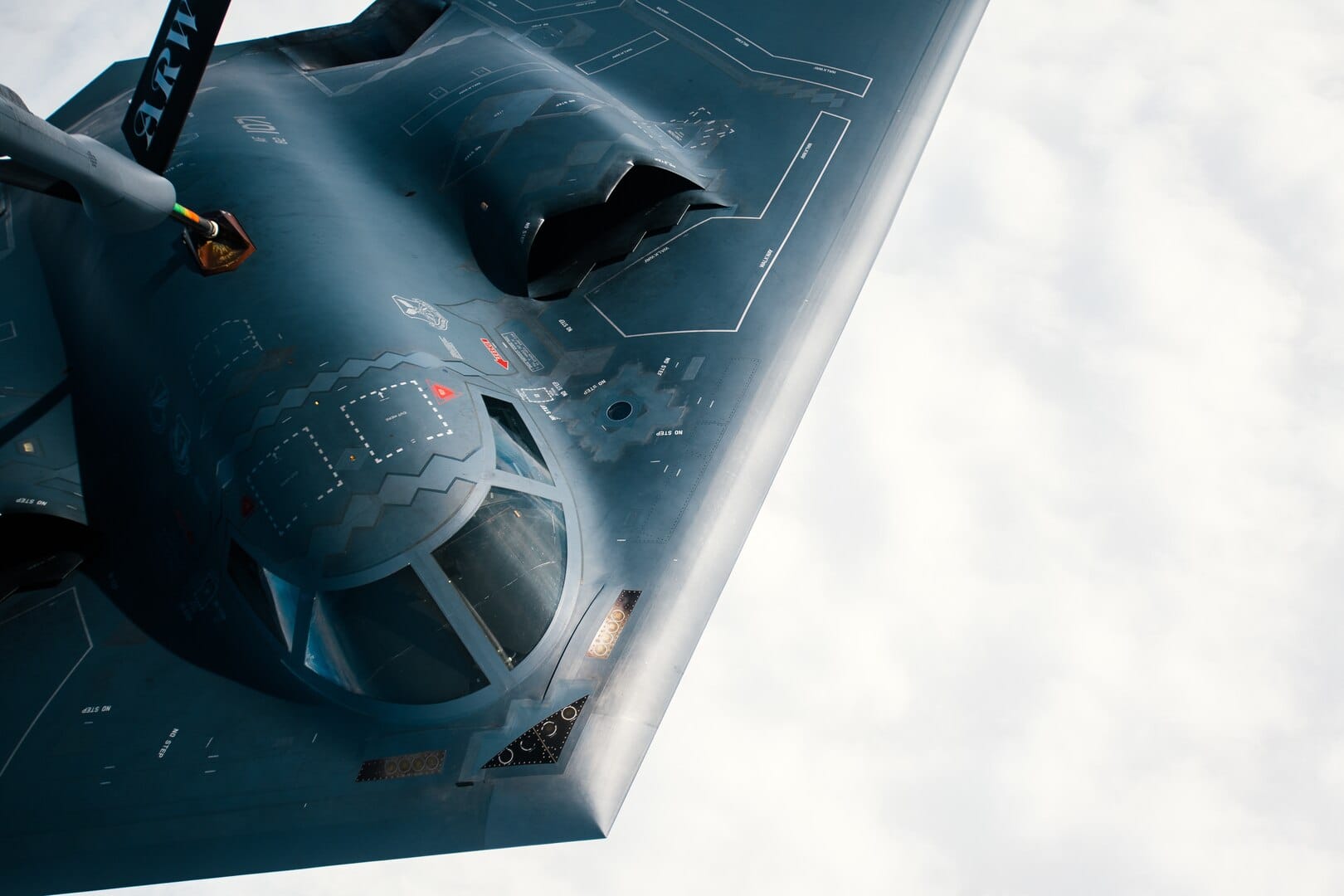
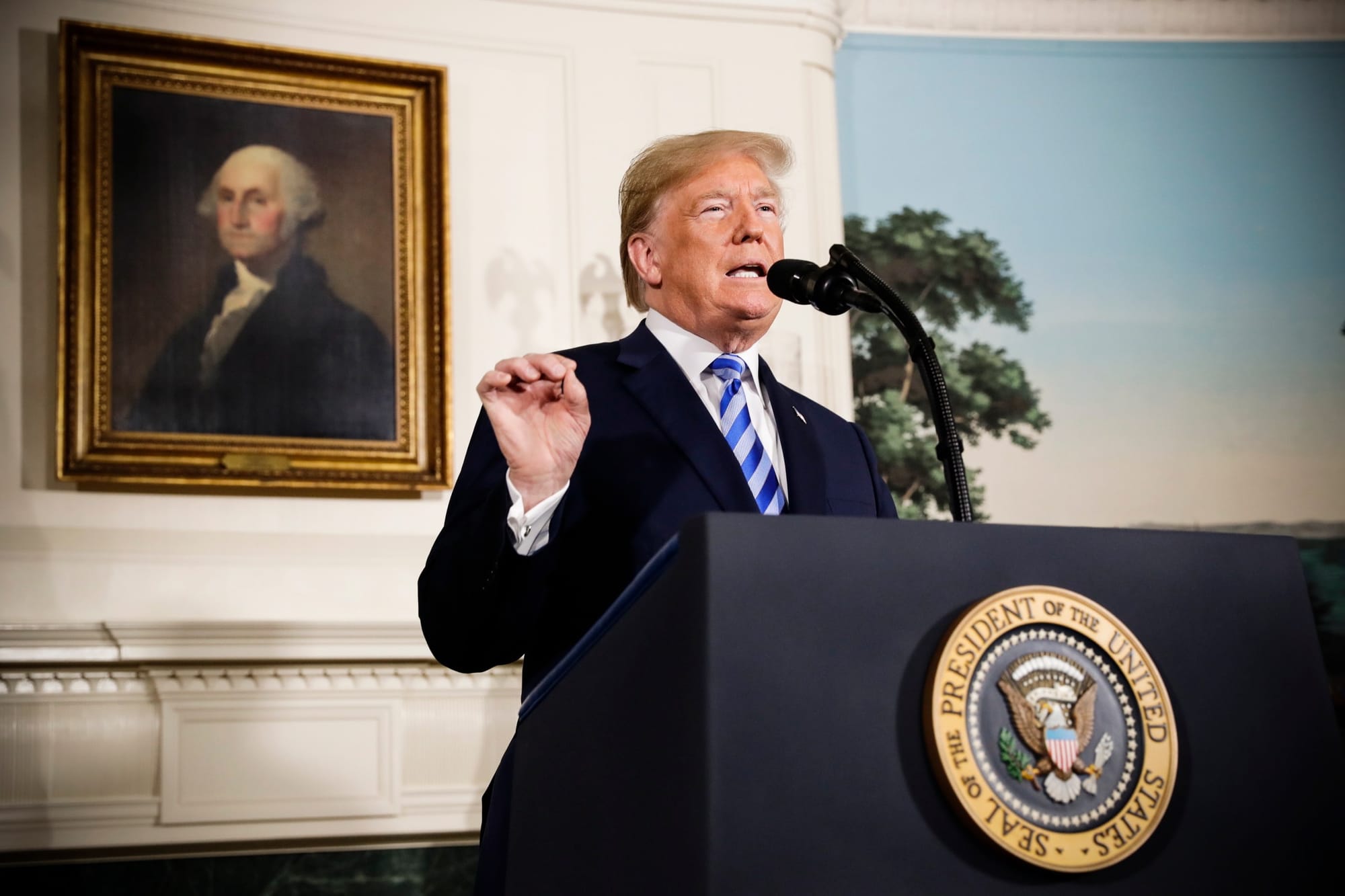
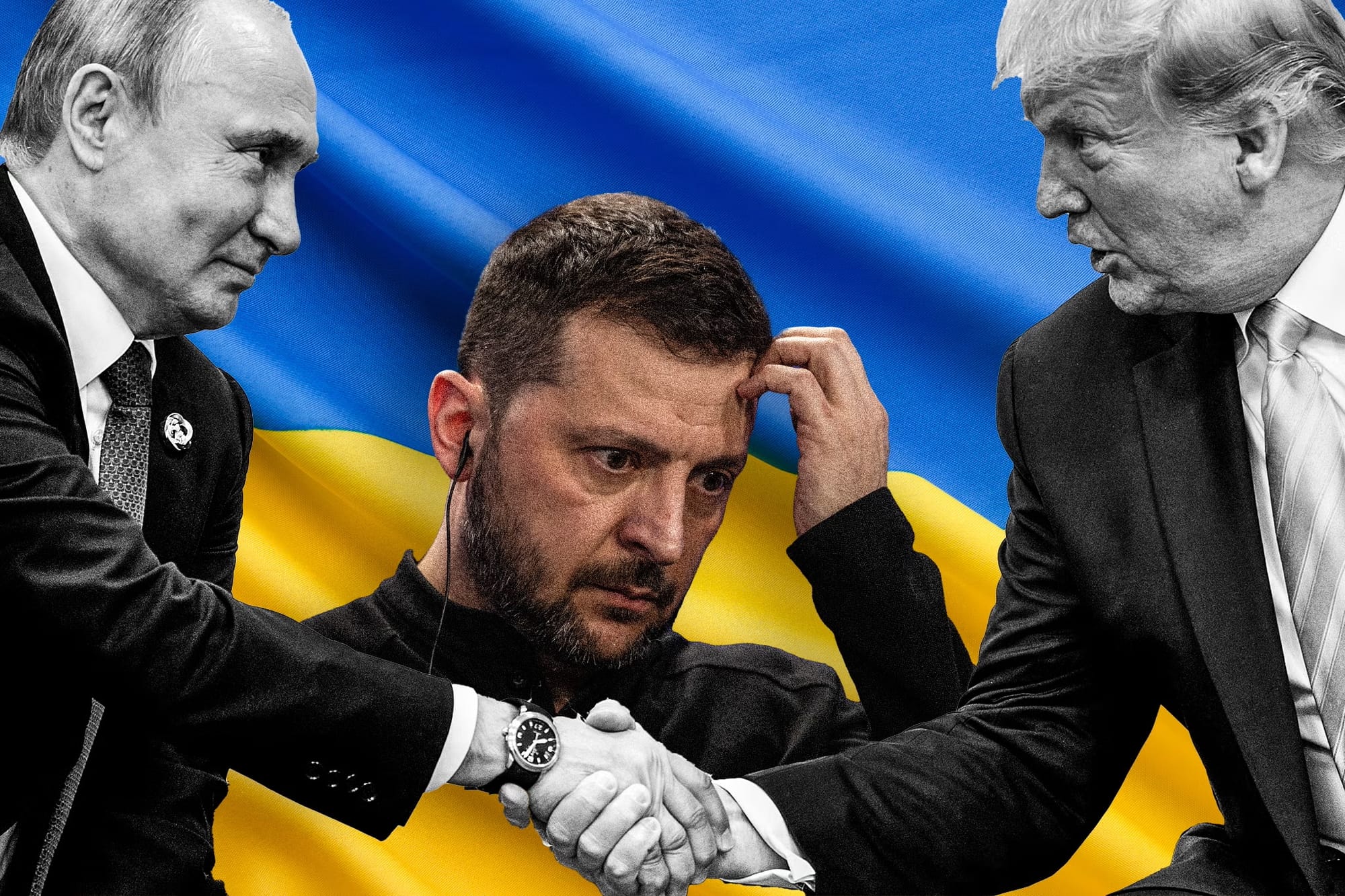
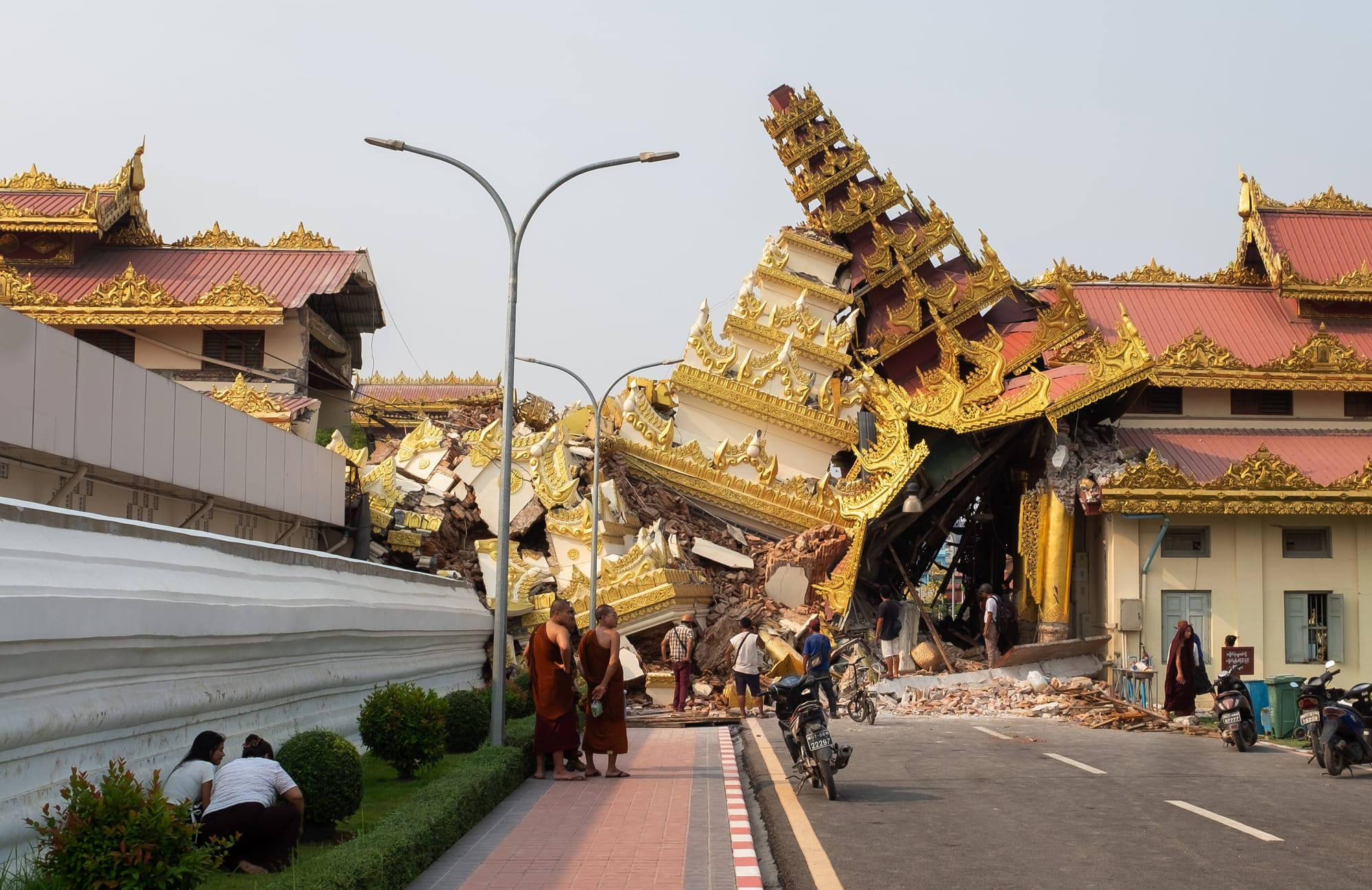
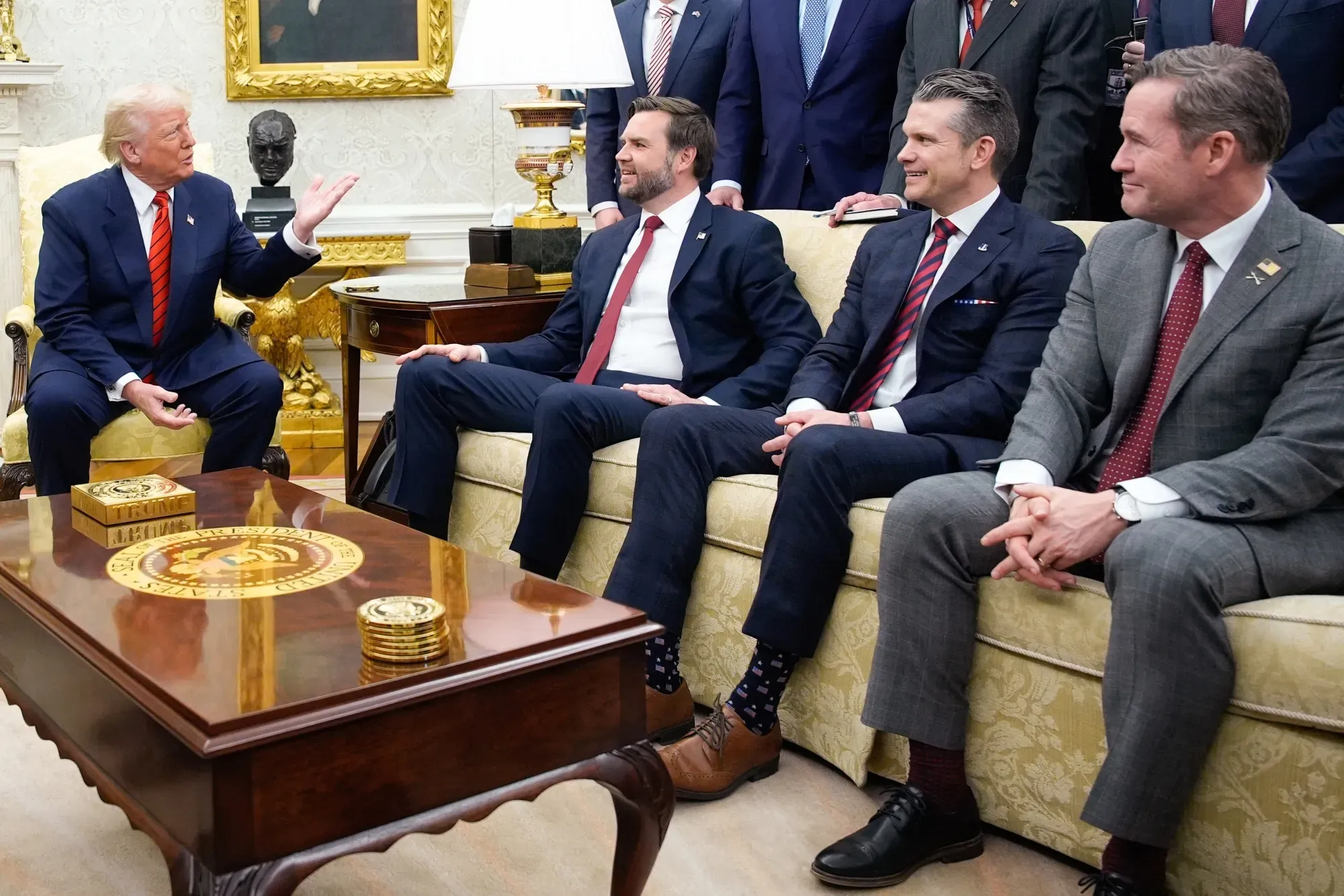
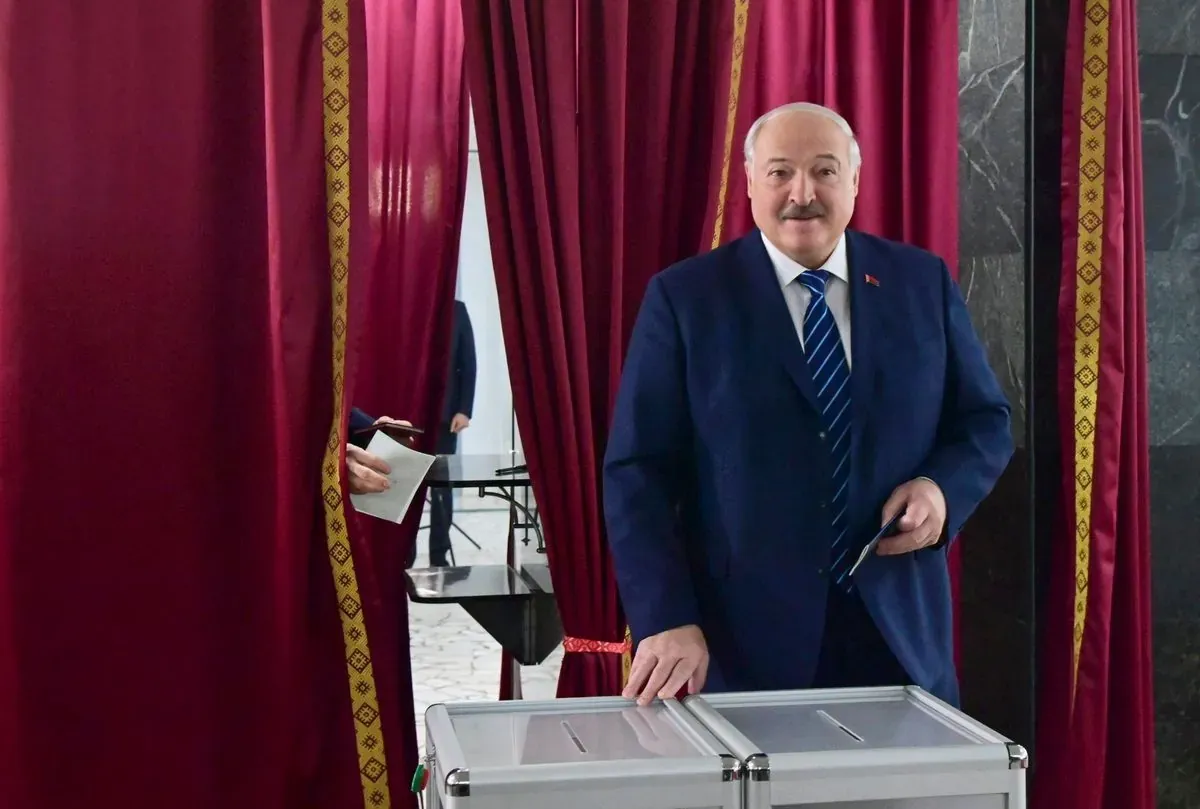
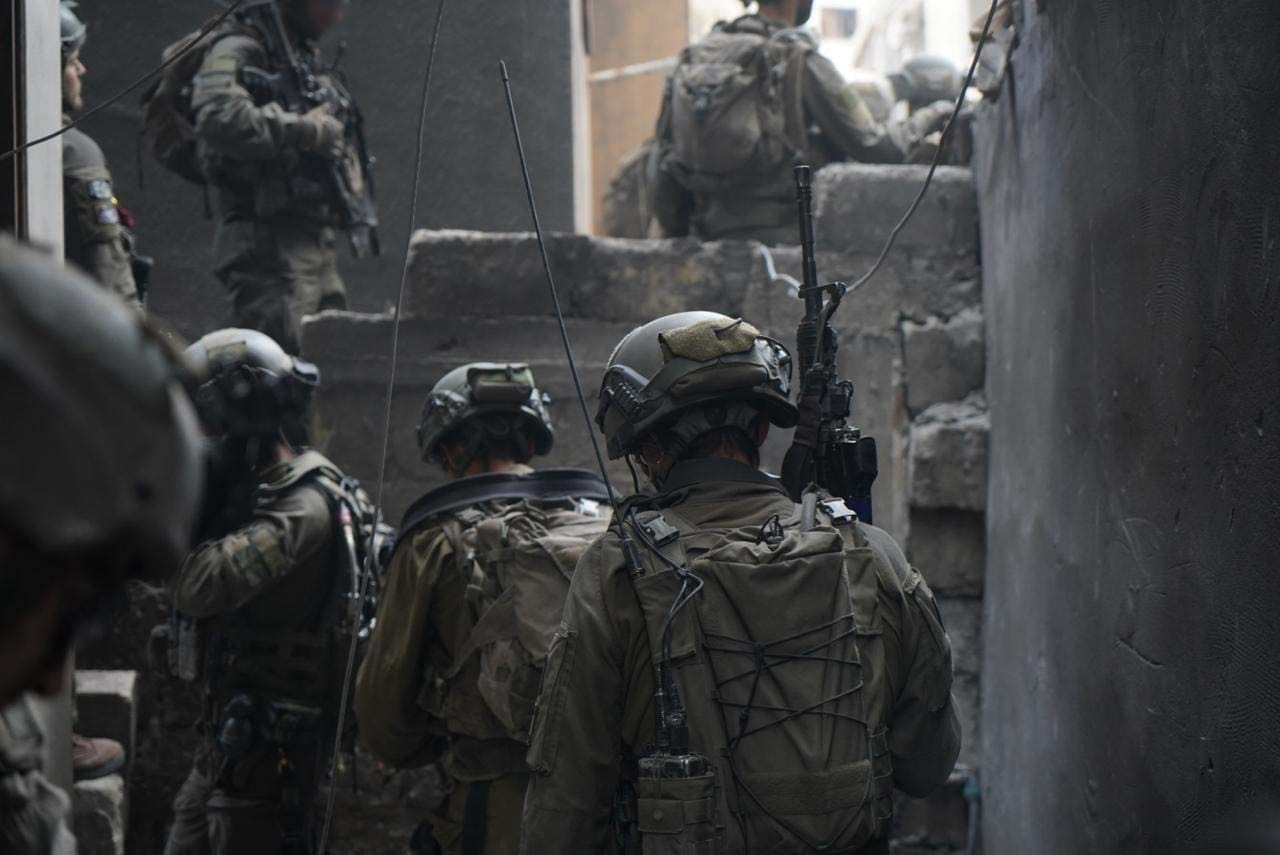

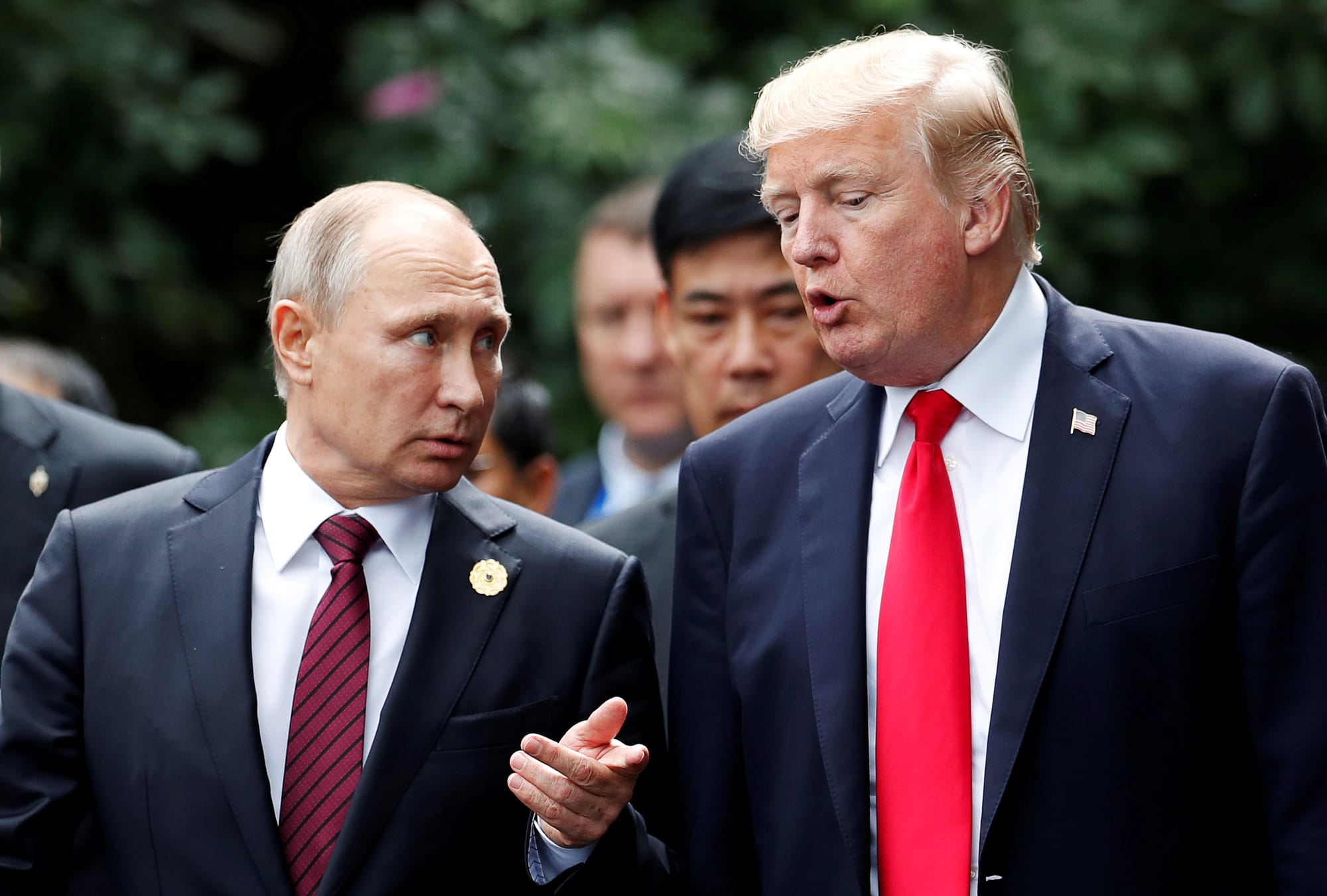
Discussion